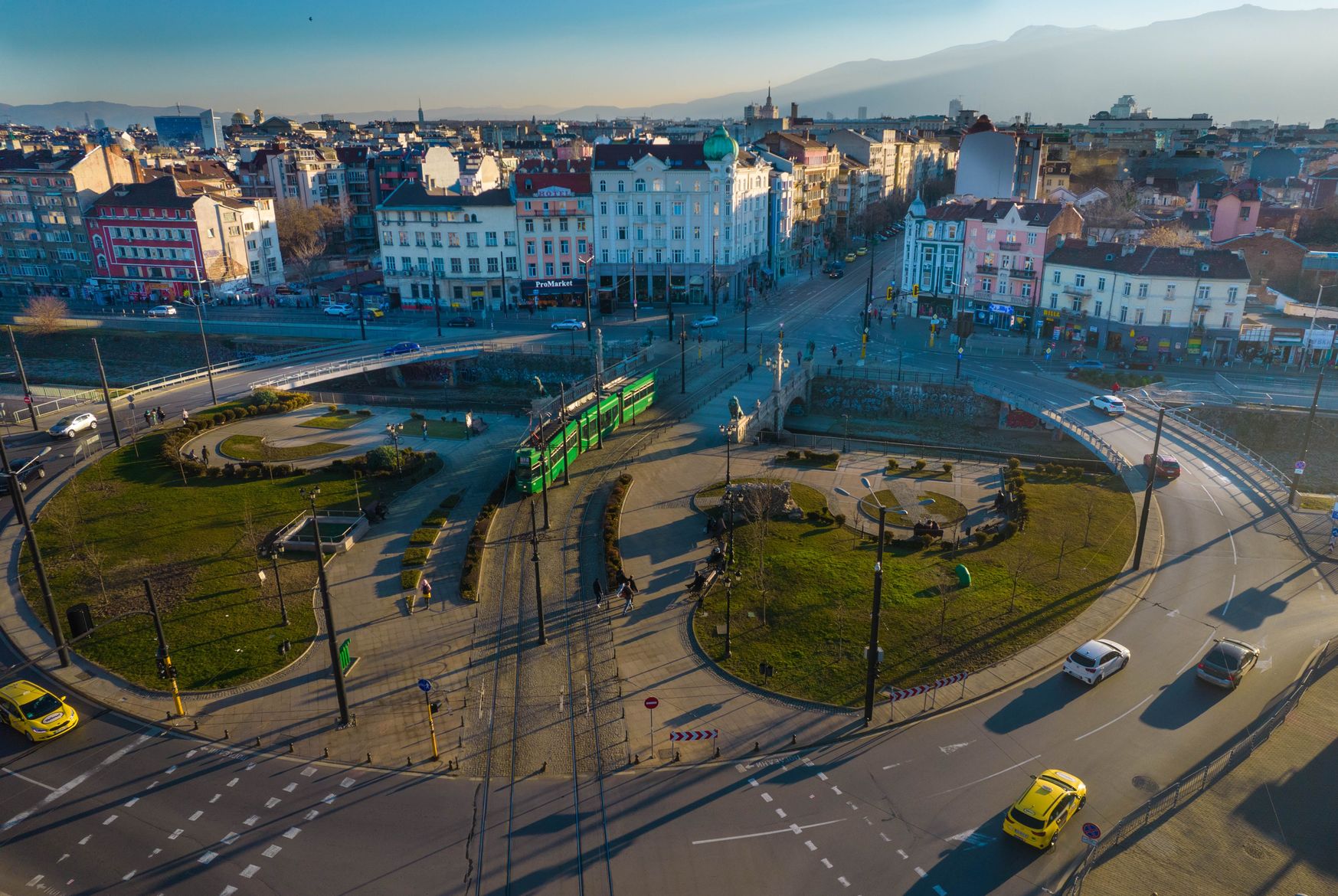Bulgaria Traffic Guide
Exploring Bulgaria by Car
Bulgaria is becoming increasingly popular as a travel destination. Many travelers opt to drive to this Balkan country or rent a vehicle upon arrival. When navigating Bulgaria's motorways, it is, of course, of great importance to be familiar with the country's traffic regulations to avoid accidents or costly fines.
In this article, we provide you with a comprehensive insight into the road traffic regulations in Bulgaria, so you can fully enjoy your holiday.
Bulgaria Traffic Regulations at a Glance
- In Bulgaria, driving on the right-side is mandatory.
- Within urban areas, the maximum speed limit for cars and light campervans is 50 km/h. Outside urban areas, the allowed maximum speed is 90 km/h, while on motorways, the maximum speed limit is 130 km/h.
- On motorcycles, the speed limit outside urban areas and on motorways is restricted to 80 km/h and 100 km/h, respectively.
- Within towns, the speed limit for heavy campervans is 50 km/h. Outside towns, a speed of 70 km/h is permitted, while on motorways, the maximum speed is 100 km/h.
- There is a mandatory requirement for lights to be on at all times across all roads in Bulgaria.
- Trams have the right of way.
- Driving is permitted from the age of 18 in Bulgaria.
- Part 1 of the vehicle registration document must be carried. Carrying an International Insurance Card is not mandatory but is recommended for expedited claim processing.
- A 0.5‰ blood alcohol limit applies to all drivers.
- For novice drivers who have held their license for less than 2 years, there is a strict no alcohol rule while driving (zero tolerance).
- Using a phone while driving is only permitted with a hands-free device.
- Wearing seat belts is compulsory.
- A warning triangle, reflective vests, a first-aid kit, and a fire extinguisher must be carried.
Driving in Bulgaria
Roads in Bulgaria
The roads in Bulgaria are mostly in a good condition. The country's road and motorway network currently extends over almost 20,000 kilometers.

Although many sections are still under construction, overall, nearly all regions of the country have numerous connections and roads of high quality. However, in the mountainous regions, there are many small roads that have potholes.
The two main motorway routes run from Sofia across the country to the Black Sea coast in the east.
Petrol Stations and Charging Points
Petrol and Diesel: Bulgaria is one of the countries with the most affordable diesel and petrol prices in Europe. The country has a very well-developed network of petrol stations, so you won't have to drive far to get to the nearest one.

Electric Cars: Currently, the network of charging stations in Bulgaria is in a very early stage of development. Forecasts suggest that by 2025, a total of over 10,000 charging stations, powered by renewable energy, will be established. Currently, there are 141 locations with 320 charging points in Bulgaria.
In the capital city of Sofia, most of the charging stations are found. In other larger cities, a few stations can also be found sporadically. If you only want to visit the capital city with an electric car in Bulgaria, it is quite feasible. However, exploring the entire country would only be possible with good planning.
Hydrogen Cars: Currently, refueling with hydrogen in Bulgaria is almost impossible. At present, there is one filling station in the capital Sofia, which is expected to increase to ten by 2025. Therefore, it is not recommended to travel to Bulgaria with a hydrogen car.
Rental Car or Own Car?
Bulgaria is accessible by land from various points within the European mainland. Given its location in the far southeast of Europe, travel times can be extensive depending on your starting point. For those considering a road trip, it's important to plan accordingly as the journey could be lengthy.
While not mandatory for entry, carrying an International Insurance Card is highly recommended for safety reasons. It can be crucial in resolving insurance matters should an accident occur abroad.
Considering the potentially long drive, many opt to fly, taking advantage of the widespread availability of rental cars at Bulgarian airports. This offers convenience and reduces travel time significantly. To ensure a smooth transition upon arrival, it is advisable to arrange your car rental in advance.
In Bulgaria, rental cars are available to drivers who are at least 20 years old and have held their driver's license for a minimum of one year, making it a feasible option for many international visitors.
Fines

Fines must not be paid on the spot. For alcohol and speeding violations, the Bulgarian police can confiscate the driver's license. The license may then be forwarded to the relevant national authorities responsible for driver's license management in the driver's home country.
Excerpts from the fine catalog:
- Speeding over 20 km/h: from 25 euros (approx. £22)
- Speeding over 50 km/h: from 300 euros (approx. £258)
- Violation of the seat belt requirement: 25 euros (approx. £22)
- Failure to wear a high-visibility vest: 25 euros (approx. £22)
- Using a mobile phone while driving: 25 euros (approx. £22)
- Running a red light: from 250 euros (approx. £215)
- Exceeding the alcohol limit: from 255 euros (approx. £219)
- Parking violation: from 10 euros (approx. £9)
Summary
Driving in Bulgaria offers the best opportunity to explore the country in all its facets. Due to its remote location, renting a car is the best suited for traveling to Bulgaria. It is also possible with your own car, but it is associated with a very long drive.
► Here you can find more information about the toll regulations in Bulgaria to be optimally prepared for your vacation.
